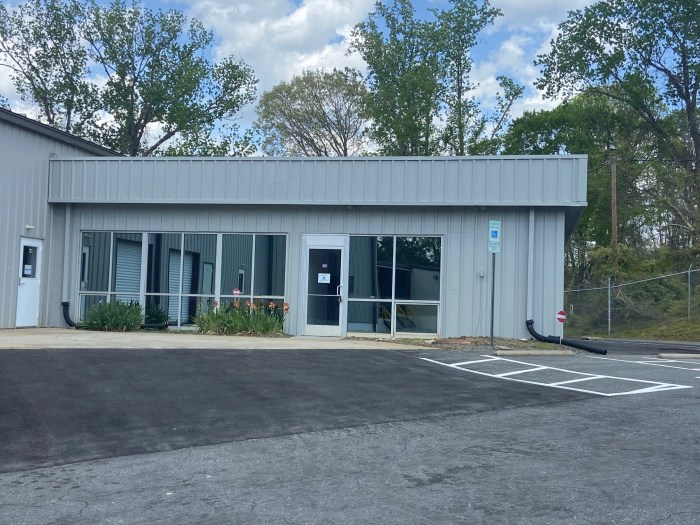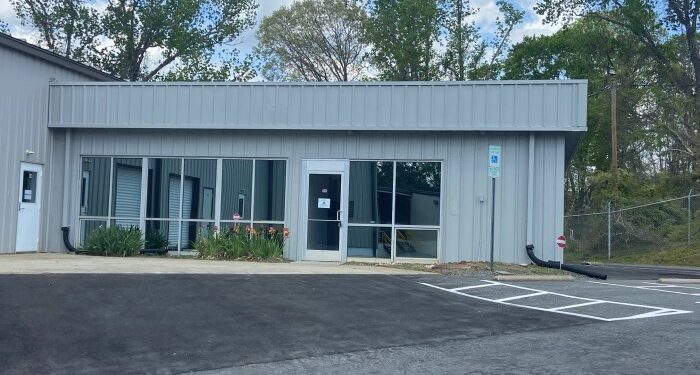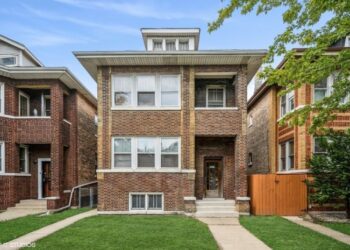Searching for commercial property for rent near me opens up a world of possibilities, where businesses can discover the ideal space to thrive and grow. From online platforms to essential requirements, this guide delves into the key aspects of finding the perfect commercial property in a convenient location.
Delving deeper, we explore rental agreements, property suitability evaluations, and crucial financial considerations to ensure a seamless renting process for businesses of all sizes.
Researching Commercial Properties
When searching for commercial properties for rent in a specific location, it is important to utilize online platforms to find available options that meet your requirements. Here are some tips on how to conduct a successful search:
Utilizing Online Platforms
- Start by using popular real estate websites and platforms that specialize in commercial properties for rent.
- Filter your search results based on location, size, budget, and amenities to narrow down the options.
- Set up alerts on these platforms to receive notifications when new properties that match your criteria are listed.
Specifying Requirements
- Clearly define your requirements such as the size of the space you need, your budget constraints, and any specific amenities you require.
- Communicate these requirements to real estate agents or property managers to help them find the best options for you.
- Be flexible but also prioritize your must-have features to make the search more efficient.
Understanding Rental Agreements

When entering into a commercial property rental agreement, it is crucial to understand the terms and conditions Artikeld in the contract. These agreements dictate the rights and responsibilities of both the landlord and the tenant, ensuring a smooth and mutually beneficial business relationship.
Gross Lease, Net Lease, and Modified Gross Lease
In commercial real estate, there are three main types of lease agreements: gross lease, net lease, and modified gross lease. Each type has its own set of terms and conditions that determine how costs are allocated between the landlord and the tenant.
- Gross Lease:In a gross lease, the landlord is responsible for covering all operating expenses, including property taxes, insurance, and maintenance costs. The tenant pays a fixed rent amount, with no additional expenses.
- Net Lease:In a net lease, the tenant is responsible for paying a portion of the operating expenses in addition to the base rent. This can include property taxes, insurance, and maintenance costs, depending on the type of net lease (single, double, or triple net).
- Modified Gross Lease:A modified gross lease is a hybrid between a gross lease and a net lease. The landlord and tenant agree on how operating expenses will be divided, with some costs included in the base rent and others passed on to the tenant.
Common Clauses in Rental Agreements
Rental agreements often include specific clauses that Artikel important details and obligations for both parties. Some common clauses to look out for include:
- Rent Escalation:This clause specifies how and when the rent amount will increase over the lease term. Rent escalation can be based on factors such as inflation, market conditions, or a fixed percentage increase.
- Maintenance Responsibilities:The agreement should clearly state who is responsible for maintaining and repairing the property. In some cases, the tenant may be responsible for certain repairs and upkeep, while the landlord handles larger maintenance tasks.
- Lease Duration:The lease duration defines the length of time the tenant is allowed to occupy the property. It is essential to understand the lease term, renewal options, and any penalties for breaking the lease early.
Evaluating Property Suitability
When looking for a commercial property to rent, it is crucial to evaluate its suitability based on various factors. Location, accessibility, visibility, and zoning regulations play a significant role in determining if a property aligns with your business needs.
Importance of Location
Location is a key factor when evaluating a commercial property for rent. A property located in a busy commercial area with high foot traffic can attract more customers and drive business growth. On the other hand, a property in a remote or less accessible location may limit visibility and hinder business success.
Accessibility and Visibility
The accessibility of a commercial property is essential for both customers and employees. Easy access to public transportation, parking facilities, and main roads can enhance the overall convenience of the property. Moreover, visibility from main roads or popular landmarks can increase brand exposure and attract more potential customers.
Zoning Regulations
Zoning regulations dictate how a property can be used based on its designated zoning category. It is crucial to ensure that the commercial property you are considering aligns with your business activities and complies with local zoning laws. Violating zoning regulations can lead to legal issues and disrupt your business operations.
Determining Specific Needs
Businesses can determine if a commercial property meets their specific needs by conducting a thorough assessment. Consider factors such as the size of the property, layout, amenities, and lease terms. Additionally, evaluating the potential for future expansion or modifications can help ensure that the property is suitable for long-term business growth.
Budgeting and Financial Considerations
Effective budgeting is crucial for businesses looking to rent commercial properties. It involves not only considering the monthly rent but also factoring in additional costs that come with leasing a space.
Additional Costs Beyond Rent
- Security Deposits: Landlords often require a security deposit upfront, which is typically equivalent to one or two months' worth of rent. This amount is refundable at the end of the lease if the property is left in good condition.
- Utilities: In addition to rent, businesses are responsible for paying utilities such as electricity, water, and internet. It's important to budget for these ongoing expenses.
- Maintenance Fees: Depending on the lease agreement, tenants may be responsible for maintenance and repair costs. It's essential to understand who is responsible for what to avoid unexpected expenses.
Negotiating Favorable Lease Terms
- Length of Lease: Consider negotiating a longer lease term in exchange for lower monthly rent. This can help stabilize costs and provide more security for your business.
- Rent Increases: Try to cap rent increases to a reasonable percentage each year to avoid unexpected spikes in expenses.
- Flexibility: Negotiate flexibility in the lease agreement, such as the ability to sublease or make alterations to the space, to better align with your business's needs.
Summary
In conclusion, the journey to finding the right commercial property for rent near me is both exciting and rewarding. Armed with valuable insights and tips, businesses can navigate the rental landscape with confidence, ultimately securing a space that aligns perfectly with their needs and goals.
Top FAQs
What factors should I consider when evaluating a commercial property for rent?
Factors such as location, visibility, accessibility, and zoning regulations play a crucial role in determining the suitability of a commercial property for your business.
What are the typical terms found in commercial property rental agreements?
Rental agreements often include clauses related to rent escalation, maintenance responsibilities, lease duration, and other essential terms that Artikel the landlord-tenant relationship.
How can businesses effectively budget for renting commercial properties?
Businesses should consider additional costs like security deposits, utilities, and maintenance fees beyond the base rent to create an accurate budget for renting commercial properties.














